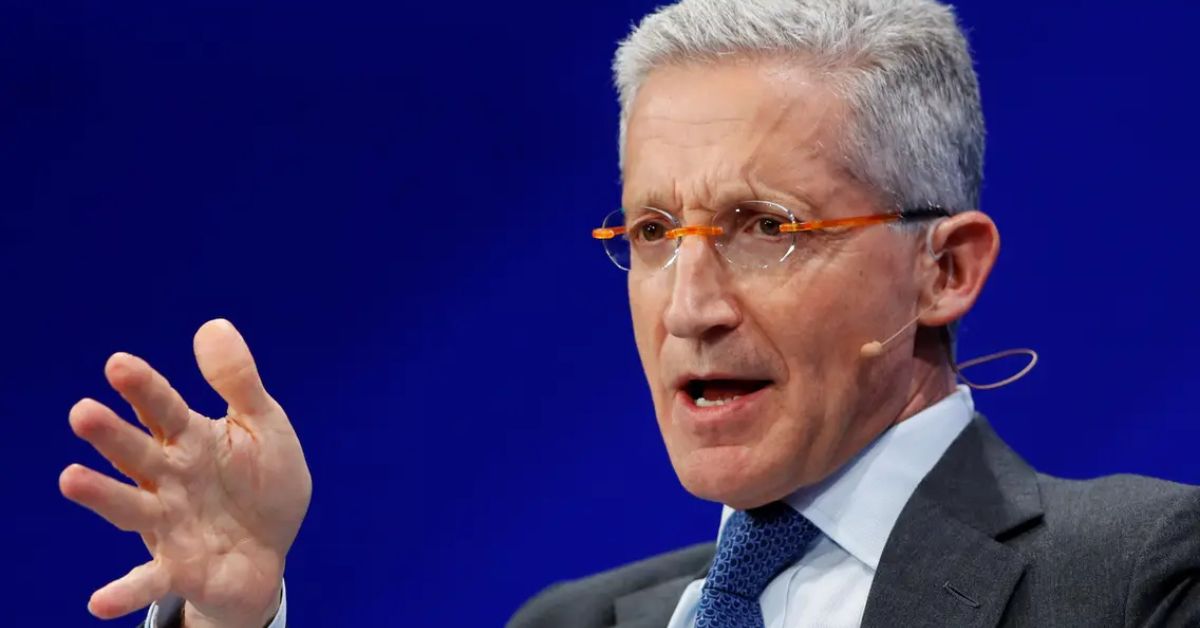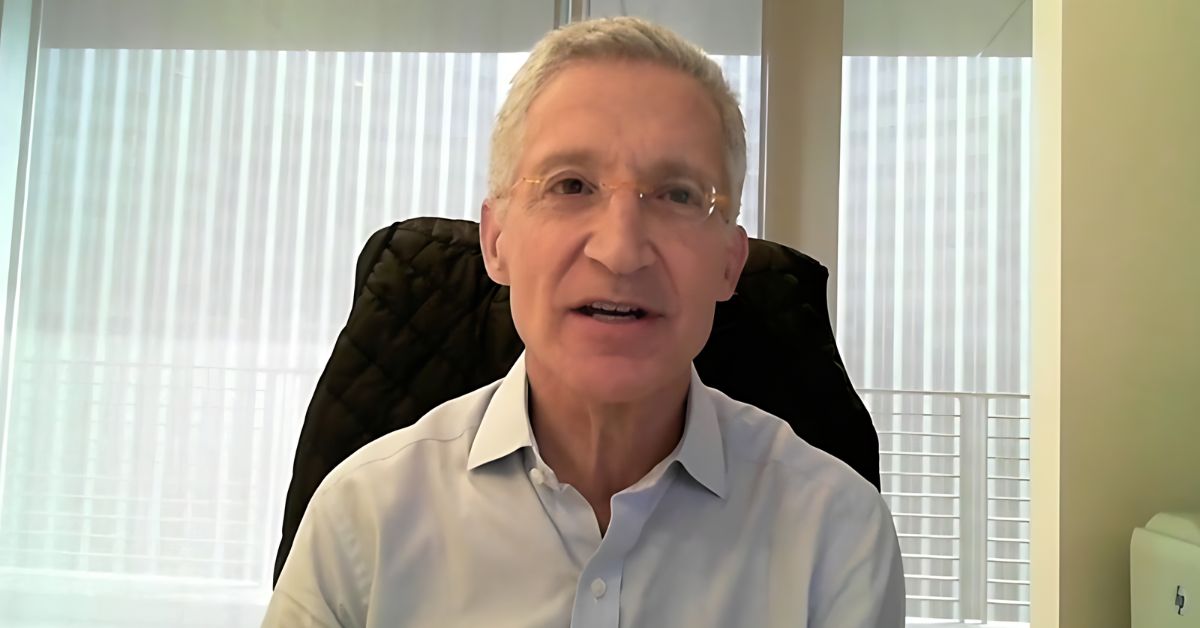DAVOS — The GCC region is poised for significant growth, with a strong focus on modernization, education, and integration with both Western and Eastern economies, said Joshua Friedman, the Co-founder of Canyon Partners.
In an interview with TRENDS on the sidelines of the recently concluded World Economic Forum 2024, Friedman shared his nuanced perspectives on the economic landscape for 2024. He delved into the state of the global economy, the transformative power of AI, the economic trajectories of key nations, and the multifaceted implications of climate change, providing a comprehensive overview of what lies ahead.
Excerpts:
Q: What’s your outlook for 2024, and what are your key takeaways from Davos?
A: I believe there’s a general complacency about the economic outlook, with a prevailing sense of optimism. However, several points of disequilibrium demand attention, such as the high levels of sovereign debt, particularly in the US, which pose long-term consequences. Corporate and real estate balance sheets are notably stretched due to excessive borrowing. Despite the optimism, the world still faces hotspots capable of global disruption. The path forward remains uncertain.
There’s a general complacency about the economic outlook, with a prevailing sense of optimism. However, several points of disequilibrium demand attention, such as the high levels of sovereign debt, particularly in the US, which pose long-term consequences.
Joshua Friedman, Co-founder of Canyon Partners
Q: Are there any bright spots in the world that you see right now?
A: Certainly, there are bright spots. Low unemployment and the contributions of AI to productivity stand out. AI’s impact on enhancing productivity should alleviate concerns about employment, as it generally improves standards of living globally. The open discussion of global issues and the acknowledgment of geopolitical tensions also inspire a degree of optimism.

Q: In terms of geographies, which two or three countries do you expect to stand out for their economic performance this year?
A: India is notable for its demographic advantages and the high value placed on education, which I see as a positive. The US, despite concerns over debt levels, continues to demonstrate resilience and is expected to maintain its economic performance in the near term.
Q: What’s your forecast for the Gulf Cooperation Council (GCC) countries?
A: The GCC region is poised for significant growth, with a strong focus on modernization, education, and integration with both Western and Eastern economies. These factors bode well for the region’s future.
India is notable for its demographic advantages and the high value placed on education, which I see as a positive. The US, despite concerns over debt levels, continues to demonstrate resilience and is expected to maintain its economic performance in the near term.
Joshua Friedman, Co-founder of Canyon Partners
Q: And your prediction for the upcoming election?
A: I’ll have to pass on that one. Predicting election outcomes isn’t my forte.
Q: Is climate change a challenge or an opportunity?
A: It’s both. The approach to tackling climate change has become more sophisticated, focusing on transition rather than merely assessing an endpoint. This shift towards transition is expected to attract more attention and capital, promising positive economic and social outcomes.








